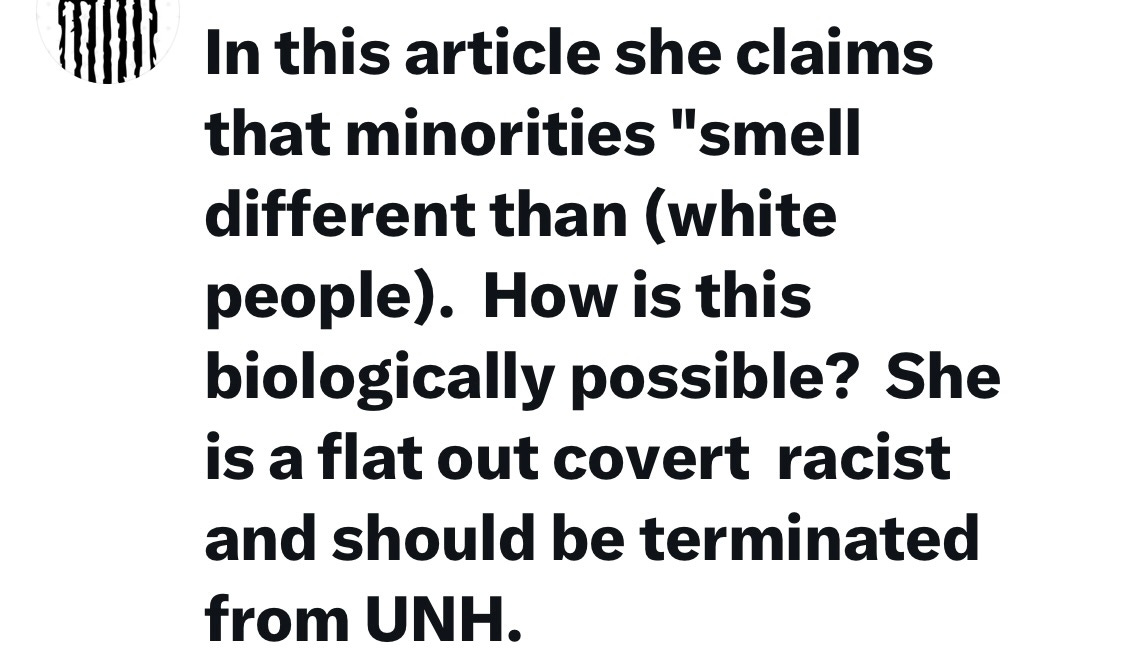Writing for a diverse audience
It ain't all it's cracked up to be, but it DOES make you think
Last week, I turned in a column for Hearst that was a longer version of something I wrote here, about Jason Aldean and country music — and a little about small towns.
This week, I wrote about a nameless, gutless person who accused my local library (where I’m on the board) of grooming children for “pedophiles. and perverts.”
The columns are behind a paywall, but I included in the first one paragraphs such as these:
{Country music] has been around for more than a century. Farm folk and hill people borrowed the banjos of Africa and mandolins of Europe to create high lonesome tunes that were introduced to the larger world about the same time as was Christian fundamentalism, in the early part of the last century.
and
At its best, country music captures the quiet struggles of regular people. At its worst, it’s a bro-fest of chest-thumping and threats against pretend enemies who are pretend-set on citifying the good people of the USA, God bless her.
At its extreme worst, “citifying” is code for “urban” which is code for “people who don’t look, smell, and sound like us.” Surely you know the drill.
That moved a person I’ve never met to post on Twitter:
This guy is new to the platform, or he would have tagged my workplace (@UNewHaven) for greater impact. I answered (I was polite) and then muted the account because who has time to explain this kind of thing to someone who isn’t trying very hard?
The second column got me a snootful of direct messages that accuse me of all kinds of sexual crimes of which I am innocent. You read. You pause to think how very mundane is your life, and then you move on.
I’ve always found that when it comes to name-calling, the only names that give me pause are the ones I suspect are at least partially true. Call me a groomer, and I roll my eyes and move on, but all afternoon on the day the tweeter responded to the first column, a thought kept bubbling up. It wasn’t “am I a flat-out covert racist,” but “aren’t we all?”
Let me explain by asking another question: Is it possible to grow up in the U.S. and not be racist or — at the least — grow up and harbor racist thoughts? And yes, I know we can go down multiple rabbit holes defining racism so let’s done and say we did.
The Twitter chucklehead notwithstanding, I often feel as if I will spend the rest of my life unlearning the racist things I learned growing up (things that have nothing to do, chucklehead, with how people smell).
I may not act on those thoughts, but I have thoughts that, laid out for all to see, could be labeled nothing but “flat out” racist.
I wish it wasn’t so. I’m not blaming the people who taught me these things. They learned them, too, and living in a part of the country where homogeneity was de rigueur, it is easy to grow up looking at the rest of the world as “other.”
In times of trial, I turn to my Bible and to science, two things that aren’t necessarily mutually exclusive. The Bible tells me to love everyone, regardless. That takes care of the outward acts but for a fundamentalist, that’s not enough. Thinking about something naughty is the same as doing something naughty. Does science say we’re all racist? This guy, writing in Scientific American in 2017, said no, though the writer was responding (skeptically) to implicit bias tests that were all the rage at the time. This guy (whom I greatly respect) says the first plank of a racist platform is denial (“…but, but, but some of my best friends are fill-in-the-blank”).
Denial can get you through many a dark and lonely night but it can also impede any kind of growth that might interest you. I’m going to go with people like Ibram X. Kendi, and keep on learning — and unlearning. I don’t want to be flip here, but the things I’m unlearning aren’t that covert — you may have learned them, too. Does that make them flat-out racist? Well, yeah.





The HUGE difference between you and the trolls who gutlessly throw anonymous insults at you (ad hominem fallacy, anyone?) is that you constantly self-reflect. Those others? They lack either the ability or the interest (or both) in such honest thinking.
I grew up in Texas in the 50s and 60s. The only Black people I ever had contact with were either maids or yard-workers employed by my more well-off relatives. Racism was in the air I breathed.
It's taken me a lifetime to realize and admit to myself just how much prejudice I harbor. Being aware is half the battle.